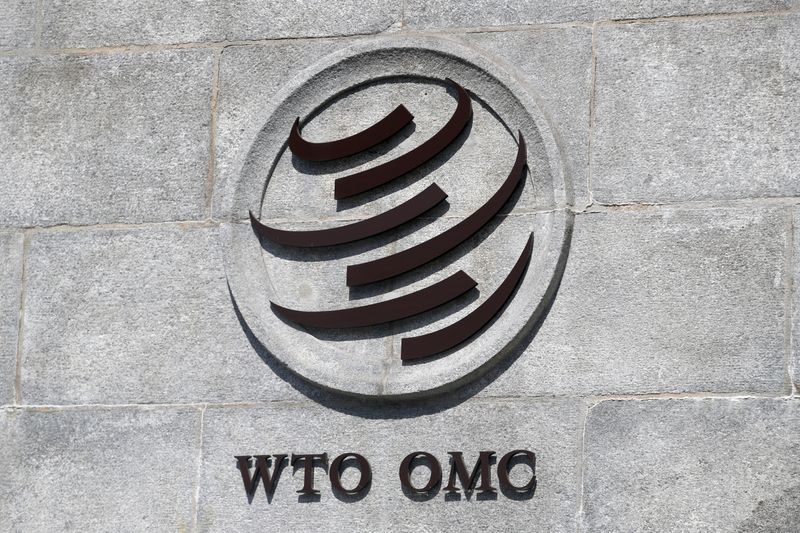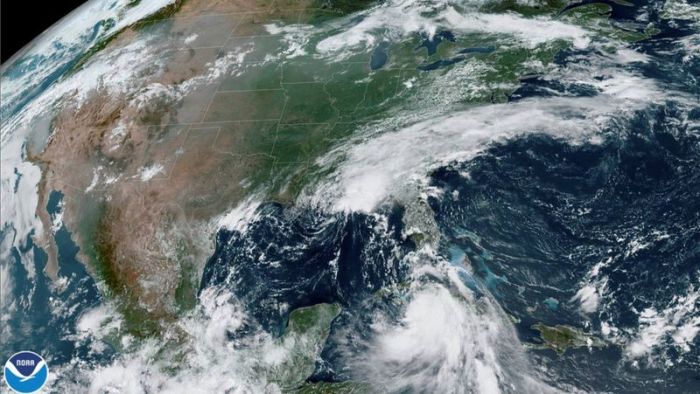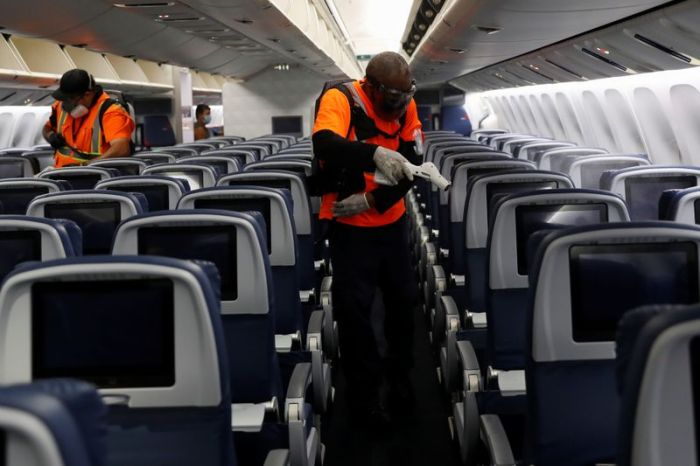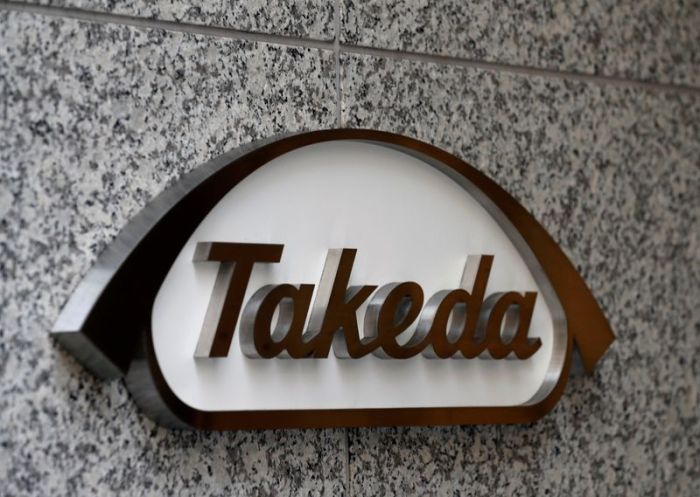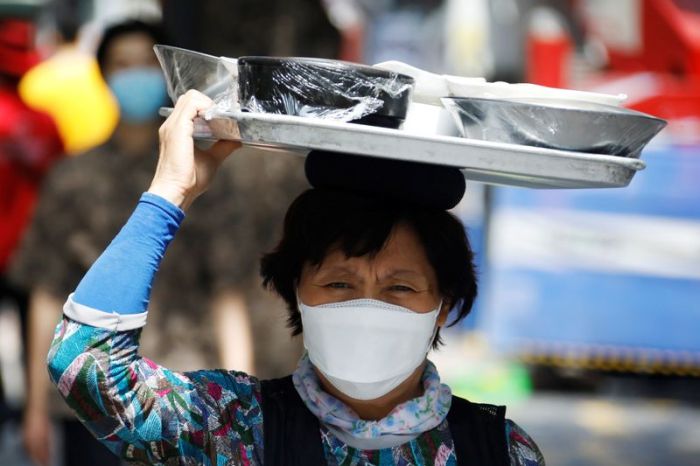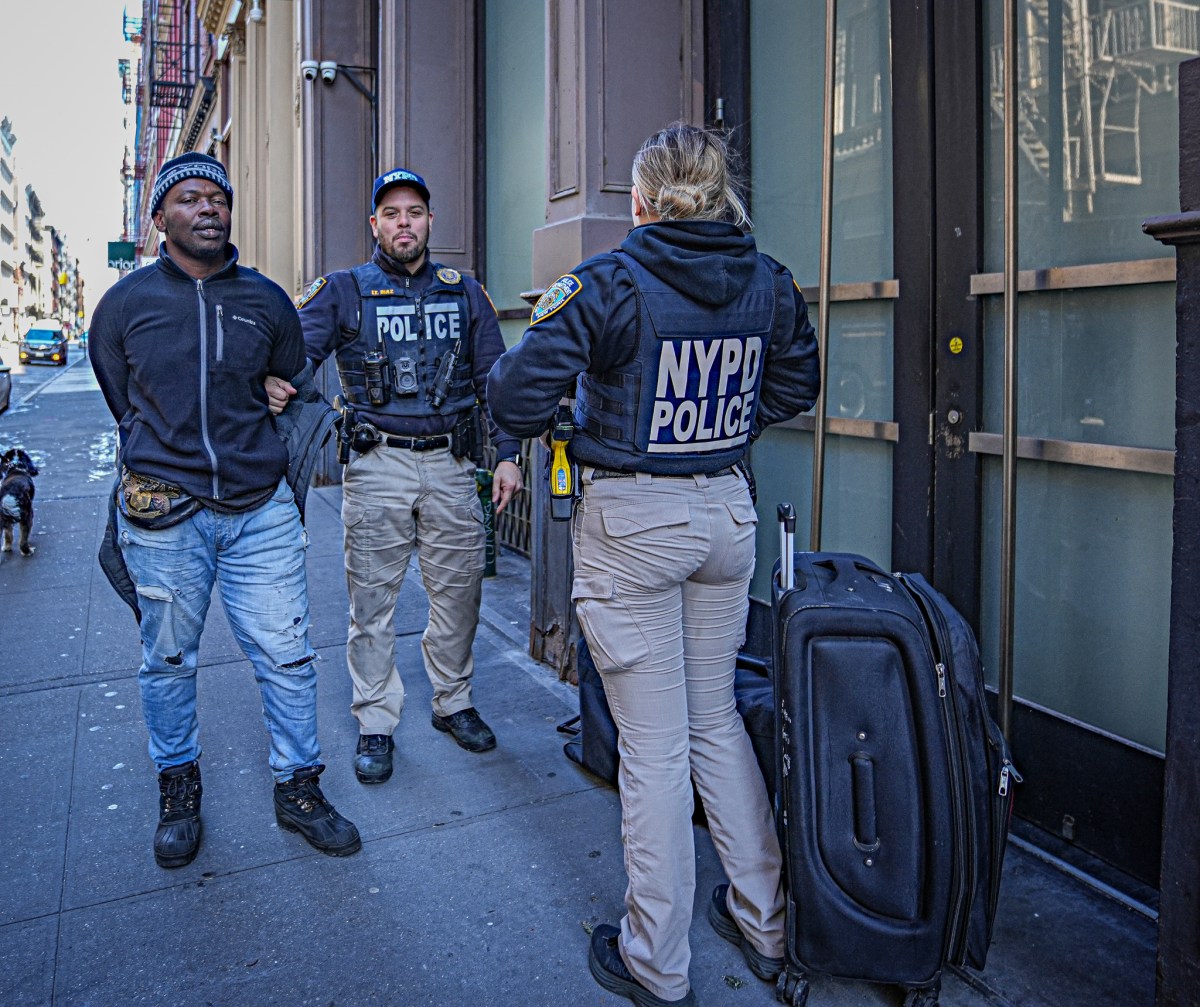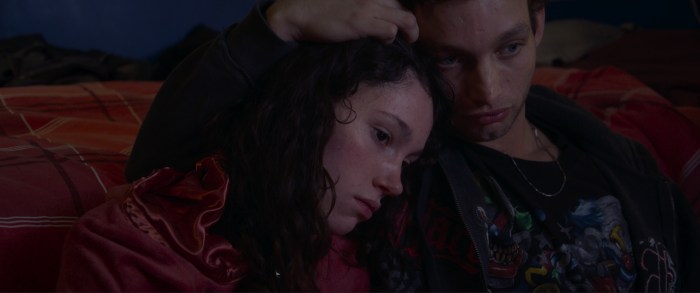BRUSSELS (Reuters) – Canada largely won a case before the World Trade Organization on Monday in a long-running dispute with the United States over U.S. duties imposed on Canadian softwood lumber exports.
A three-person panel determined that the duties, designed to counter Canadian subsidies, breached global trading rules because Washington had not shown that many prices paid by Canadian firms for timber on government-owned lands were artificially low.
The U.S. industry has complained for decades that Canadian rivals benefit from provincial government subsidies, allowing them to sell their wood for less.
“Canada expects the United States to comply with its WTO obligations. U.S. duties on Canadian softwood lumber must not persist,” Mary Ng, Canada’s trade minister said of the decision.
U.S. Trade Representative Robert Lighthizer criticised the ruling in a statement, saying it prevented the United States from taking legitimate action against Canadian subsidies.
“This flawed report confirms what the United States has been saying for years: the WTO dispute settlement system is being used to shield non-market practices and harm U.S. interests.”
U.S. President Donald Trump has branded the WTO a “broken” and “horrible” institution and his administration has crippled the appeals process by blocking appointments to the WTO’s appellate body.
The lumber dispute dates back to the 1980s and has included a previous round of WTO cases lasting from 2001 to 2006. That concluded with a settlement under which Washington suspended duties as long as lumber prices were sufficiently high.
The agreement expired in 2015, prompting the Trump administration’s subsequent move to impose tariffs of up to 17.99% against what it saw as unfair subsidies for Canadian exporters of softwood lumber, which is used in home construction.
Monday’s case, the ninth before the WTO in the lumber dispute, concerned subsidies. A different WTO panel last year largely upheld U.S. anti-dumping duties on Canadian lumber, prompting a Canadian appeal.
(Reporting by Philip Blenkinsop in Brussels and David Lawder in Washington; Additional reporting by Kelsey Johnson in Ottawa; Editing by Mark Heinrich and Tom Brown)

